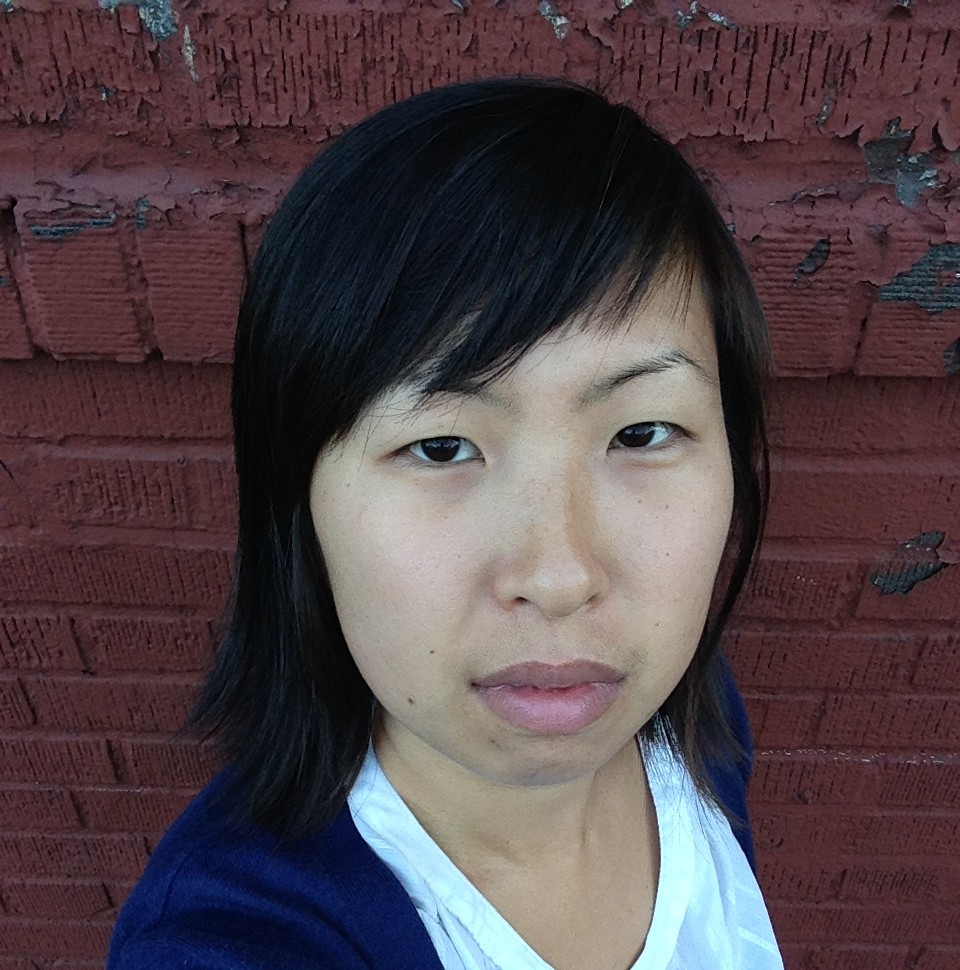
Her poem, "a foreign body," appeared in Issue Sixty-Two of The Collagist.
Here, she speaks with interviewer Christina Oddo about form, the theme of regret, and the most violent image in the poem.
Each line, with the exception of the last four, appears in sentence form. What about the content prompted this structure?
The arc of the poem as well as my background as a fiction writer inspired this structure. I’m used to writing in complete thoughts and having nice subject-verb agreements. Hence, most of these lines are complete sentences. For the final four lines, which I consider the poem’s climax, I felt fragments were more suitable because they indicated a disorienting emotional intensity. Maybe this is a technique I can incorporate in my fiction!
What image stands out the most to you in terms of illustrating the relationship between the narrator and the lumberjack?
The most striking image in this poem for me is: “An alien slithers down my throat and corners my spleen.” It is the most violent image in the poem, and it refers to the body in a very unsexy way. Having this unsexy reference complicates the relationship between the woman and the lumberjack and her expectations of sex.
I am especially drawn to the line “I wish I didn’t know the meaning of the word regret.” How does regret weave its way through the lines?
I invite the reader to explore the theme of regret on a line-by-line basis but will say that I’m simultaneously curious and enraged by the association of sex with shame, which can lead to the emotion of regret. A person may also act towards someone else due to pressures or expectations he/she feels, and actions in this regard can also lead to regret. I feel lust, shame, connection, and regret can be conflated, especially when a person is just starting to explore his/her sexuality.
What are you currently reading?
I’m reading stories by Gabriel Garcia Marquez and poems by Myung Mi Kim. The stories are weirdly beautiful and helpful, as my own fiction is becoming more surreal. Marquez writes from the perspectives of ghosts and reflections! Kim’s poems are some of the most abstract I’ve ever read. She plays with translation and disorientation. One poem is all slashes and periods. Another poem takes the shape of a quiz asking for English translations of Korean phrases. I enjoy her dissection of what gets lost in translation.
What are you writing?
I’m experimenting with various genres and am working on short stories, a novel, and more poems. I hope to write more nonfiction, too. This is a tough question for me to answer, as even I am not sure what I’m writing. I only know that I’m doing it.
